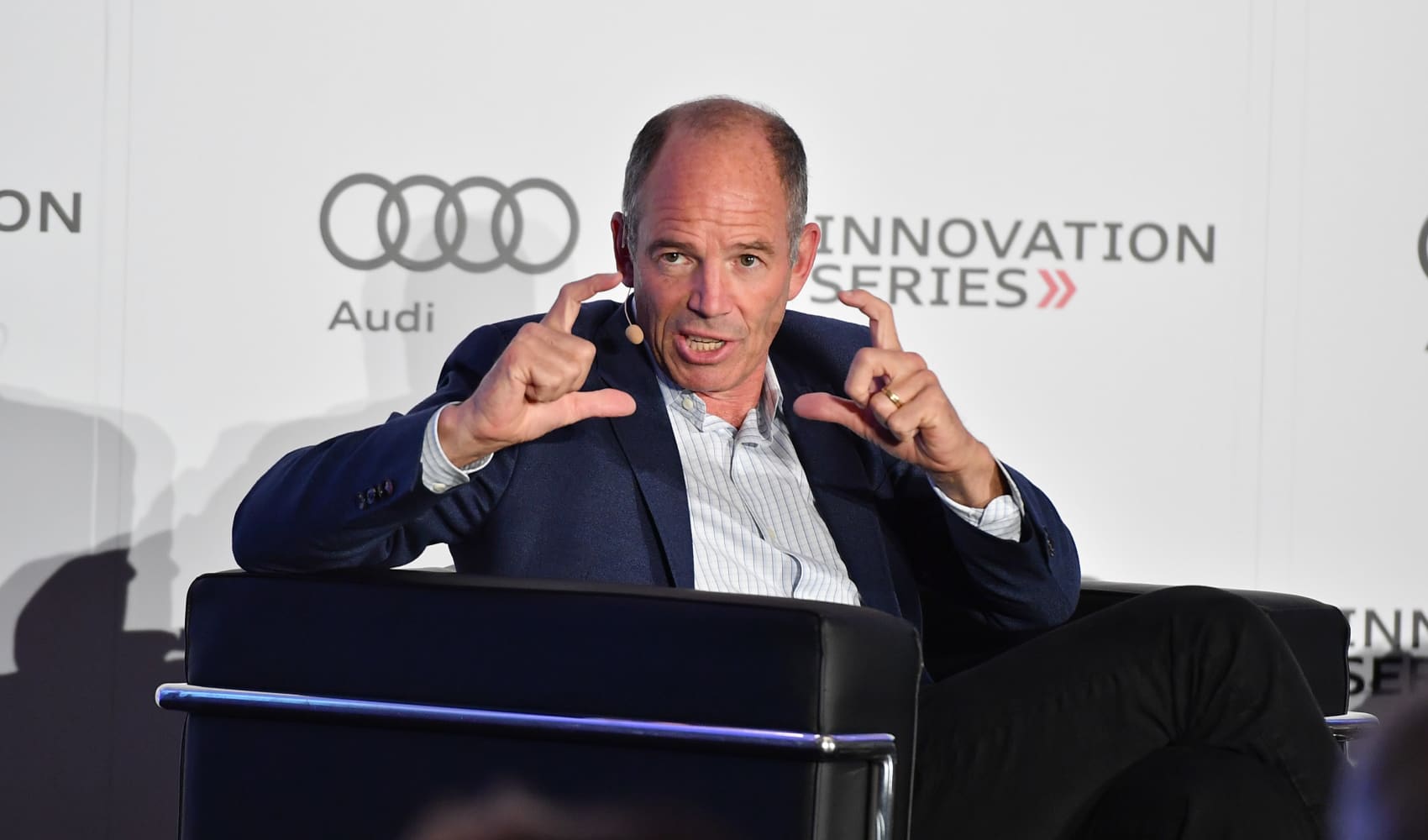
- The Democratic National Committee said its virtual roll-call process to officially nominate President Biden will begin no earlier than Aug. 1, though the party said it will end before the Democratic convention starts on Aug. 19.
- The decision rules out the possibility that a process designed to quickly nominate Biden would begin as soon as next week, which some Biden allies had pushed for.
- It also buys more time for Democrats on Capitol Hill to come together, as many Democratic lawmakers privately hope they will, and ask Biden to step down from the ticket.
The Democratic National Committee said that any virtual roll call to officially nominate President Joe Biden as the party's presidential nominee will not begin before Aug. 1, according to a Wednesday letter sent to delegates and obtained by NBC News.
The decision rules out the possibility that a process designed to quickly nominate Biden would begin as soon as next week, which some Biden allies had pushed for.
It also buys more time for Democrats on Capitol Hill to come together and ask Biden to step down from the ticket, as many Democratic lawmakers publicly or privately voice concerns about the president's age and fitness.
Get top local stories in Southern California delivered to you every morning. Sign up for NBC LA's News Headlines newsletter.
The House and Senate are out of town this week, but return to Washington the week of July 22.
"No matter what may be reported, our goal is not to fast-track," wrote Minnesota Gov. Tim Walz and Bishop Leah Daughtry, co-chairs of the DNC's rules committee. "None of this will be rushed. Unlike our nation's other major political party, our rules are set in public meetings, anchored in the Party's charter and its traditions."
Walz and Daughtry's letter also quelled some growing concerns on Capitol Hill about the early voting process.
Money Report
On Wednesday, in response to the DNC's decision, House Democrats called off a drafted letter they were planning to send to the DNC urging it to cancel its accelerated virtual roll-call timeline.
"We're glad to see that the pressure worked, and the DNC will not be moving forward with the rushed process, so we won't be sending a letter at this time," a spokesperson for California Rep. Jared Huffman, one of the Democratic lawmakers leading the effort, told CNBC on Wednesday.
Senate Majority Leader Chuck Schumer, D-N.Y., and House Minority Leader Hakeem Jeffries, D-N.Y., also urged the DNC to delay the voting process, sources familiar with the matter told NBC News and CNBC.

While the nomination process will not start before August, Walz and Daughtry noted, it will end before the in-person Democratic convention starts on Aug. 19. Democrats decided to hold their convention unusually late this year, in part so that it did not overlap with the Olympics. But the late start risks bumping up against several state deadlines for presidential nominations.
The Wednesday letter comes as the DNC faces ongoing pressure from some Democrats, who want to cancel the expedited nomination timeline altogether and give the party time to find a new nominee.
Simmering concerns about Biden's age and mental acuity burst into public view during his disastrous debate performance on June 27 against former President Donald Trump.
As of Wednesday, at least 20 Democrats in Congress have publicly called on Biden to bow out of the race and for another nominee to top the ticket. Even more have voiced concerns behind closed doors about the president's reelection chances.
Rep. Adam Schiff, D-Calif., on Wednesday became the latest lawmaker to step forward with his concerns and officially urge Biden to exit the race.
"While the choice to withdraw from the campaign is President Biden's alone, I believe it is time for him to pass the torch," Schiff said in a statement. "And in doing so, secure his legacy of leadership by allowing us to defeat Donald Trump in the upcoming election."
Biden has repeatedly rejected the drop-out pressure, pledging to stay in the race unless his team told him there was "no way" he could win.
The DNC decided to move forward with the virtual roll-call approach in May, in order to meet an Aug. 7 deadline to get Biden on the ballot in Ohio. When Ohio formally pushed back its ballot deadline to the end of August, the DNC hung on to its virtual roll-call plan.
"We believe a virtual element is the wisest approach because it ensures ballot access in the states that we need to win in November and avoids potential risks if there is delay in the process," Daughtry and Walz wrote in the letter. "The challenges we face with ballot access deadlines do not stop with Ohio."
They justified the virtual voting process by citing ballot deadlines in late August in Washington, Montana, Oklahoma, California and Virginia, which they said would be a tight turnaround given the timing of the Democratic convention.
Disclosure: CNBC parent NBCUniversal owns NBC Sports and NBC Olympics. NBC Olympics is the U.S. broadcast rights holder to all Summer and Winter Games through 2032.






